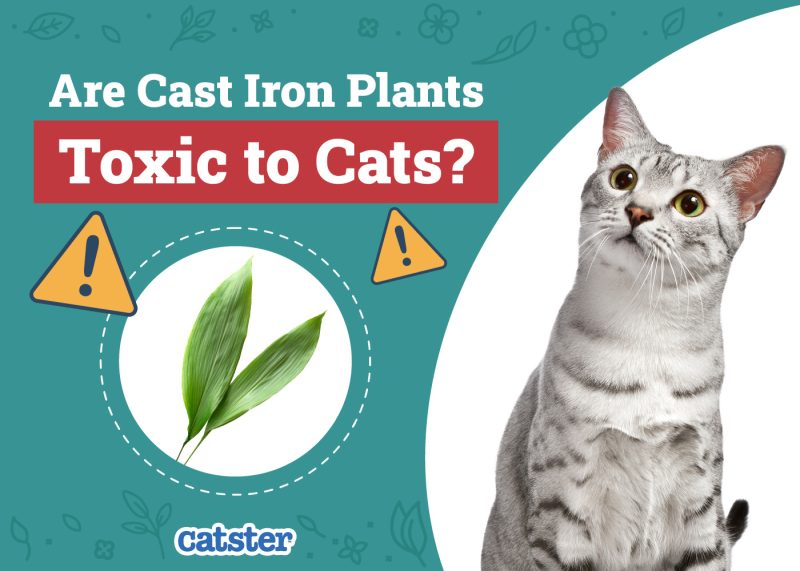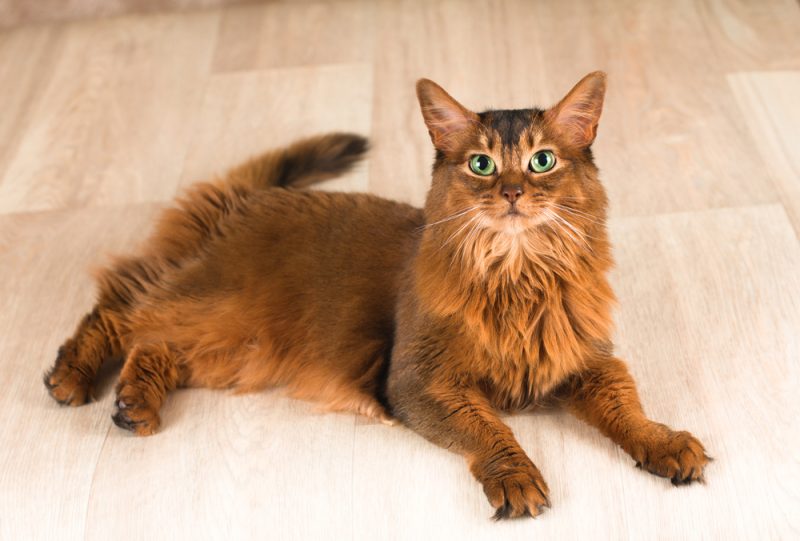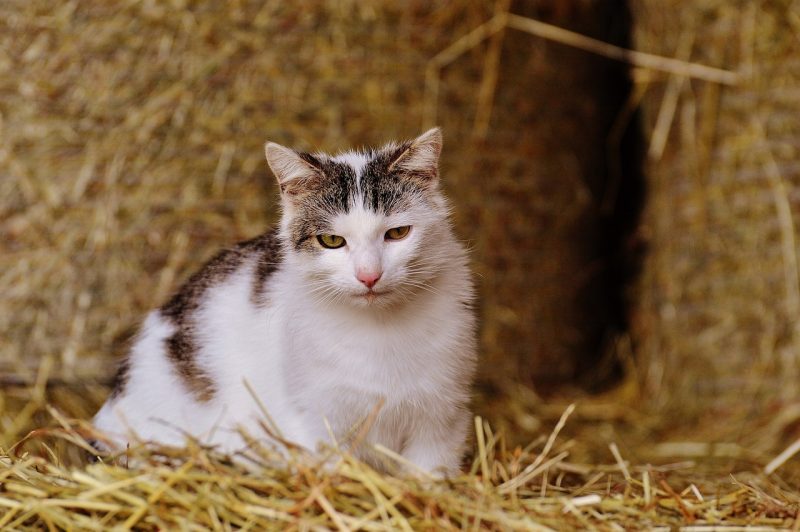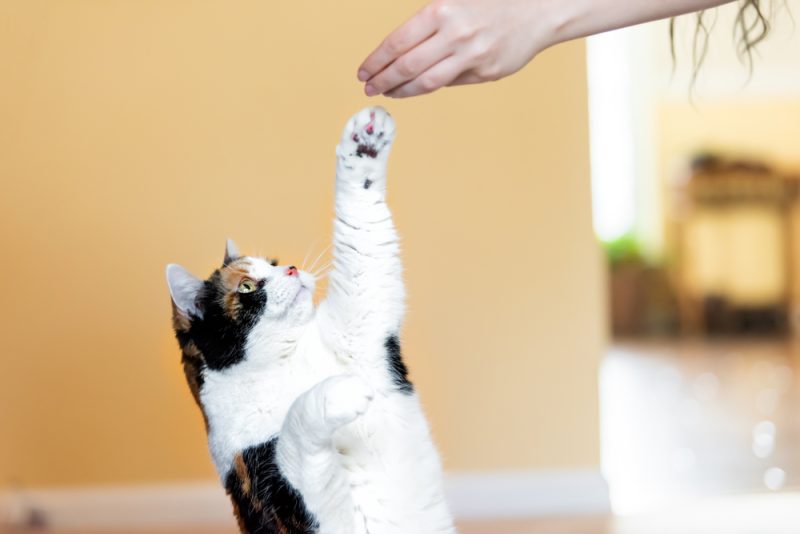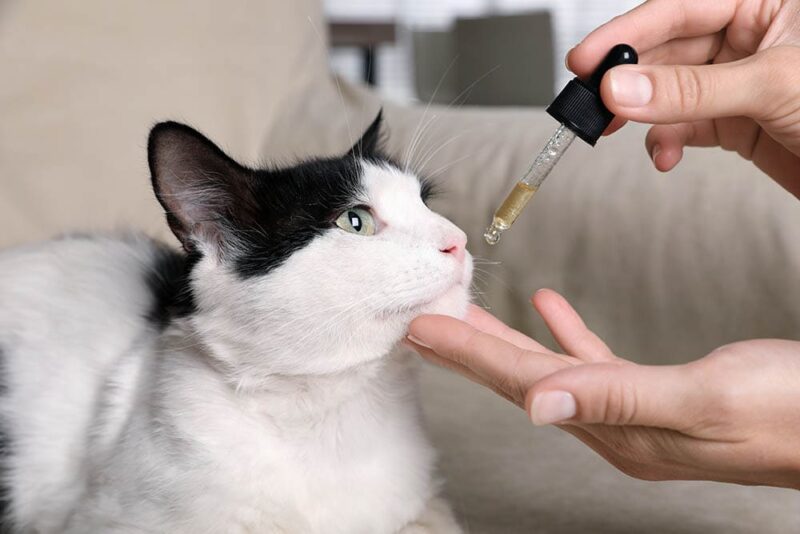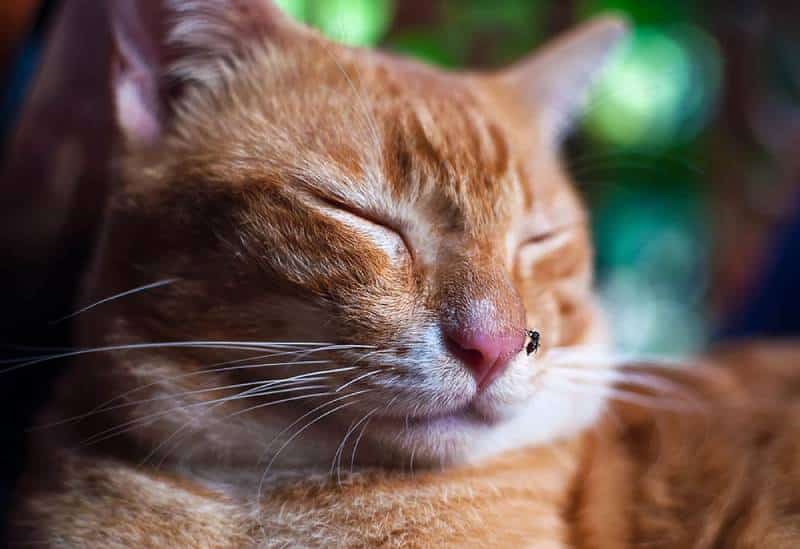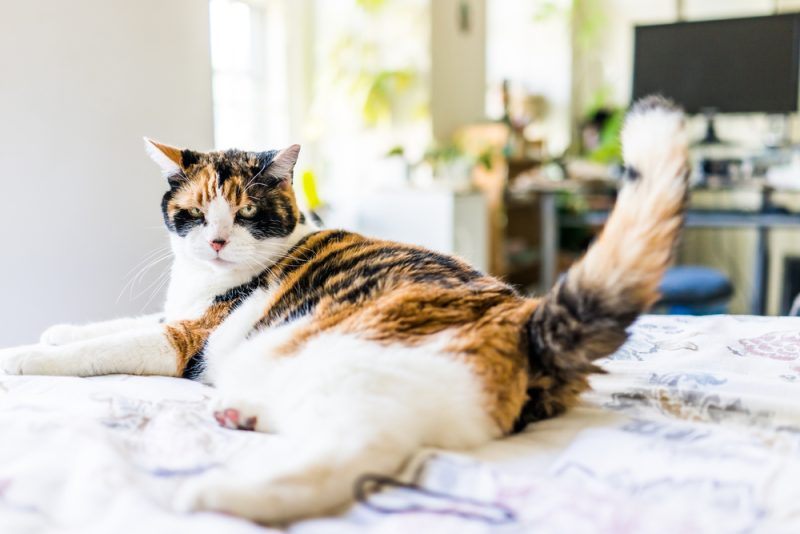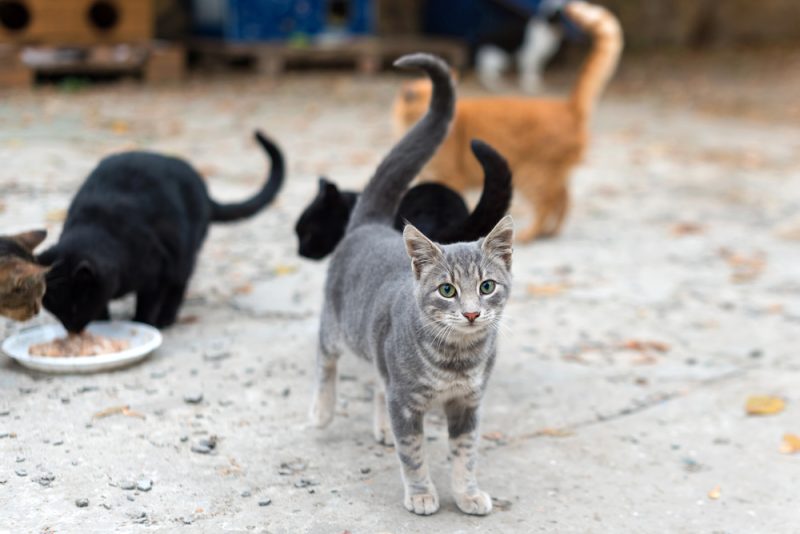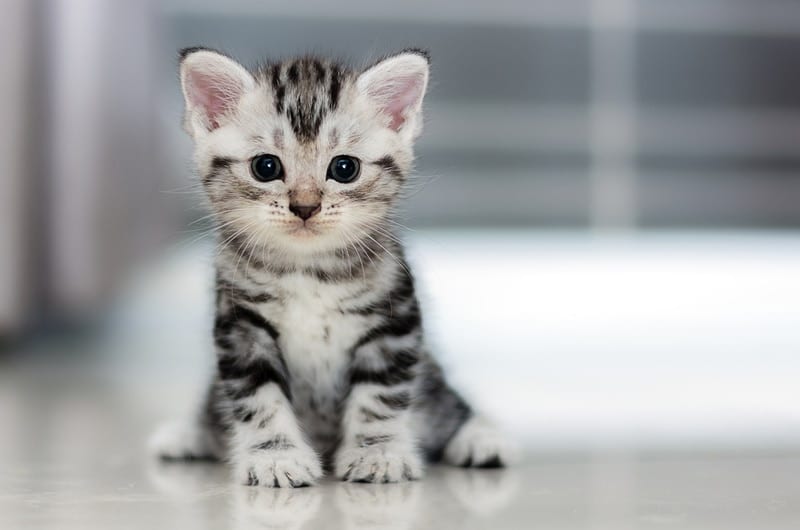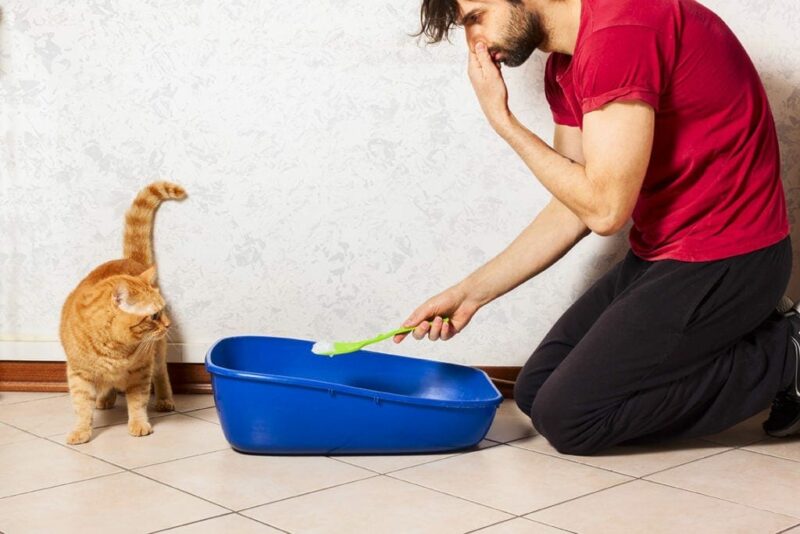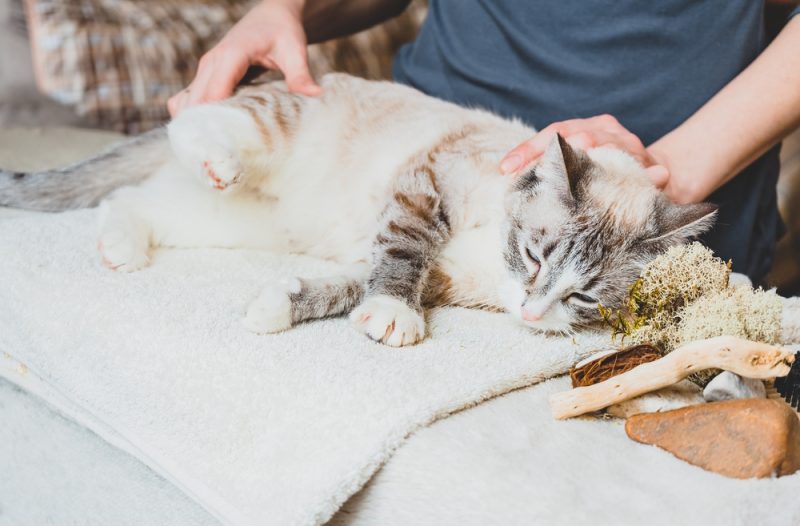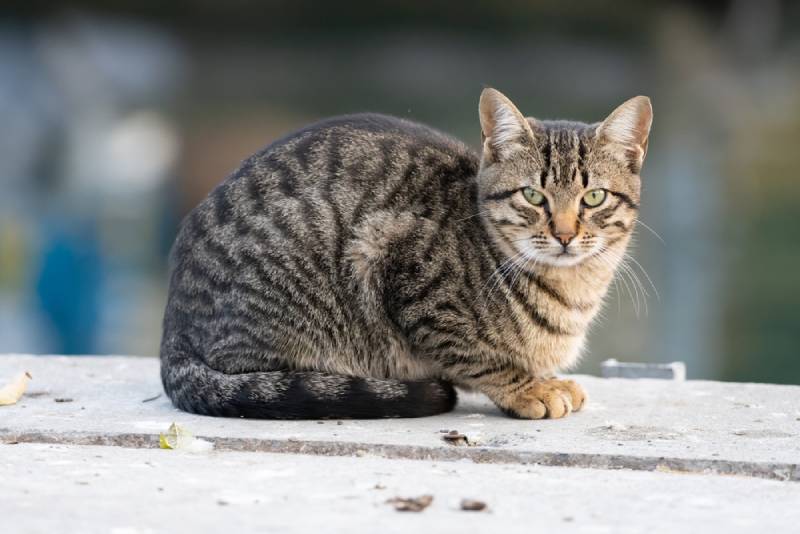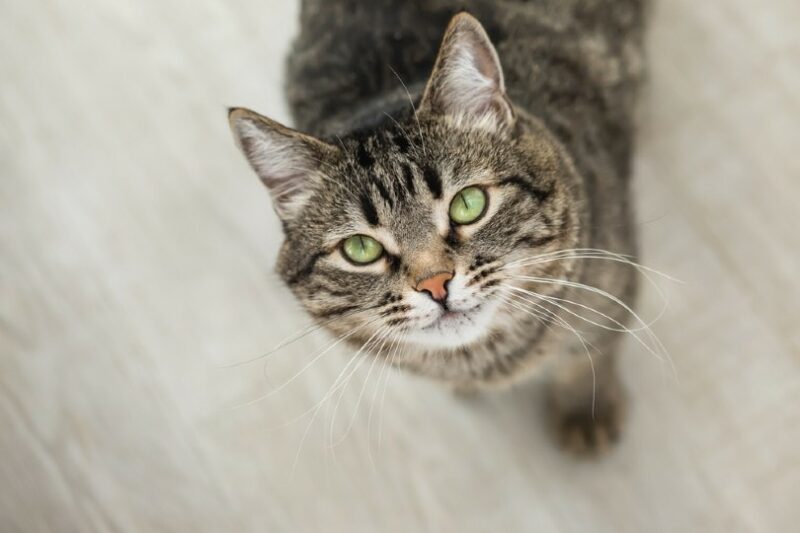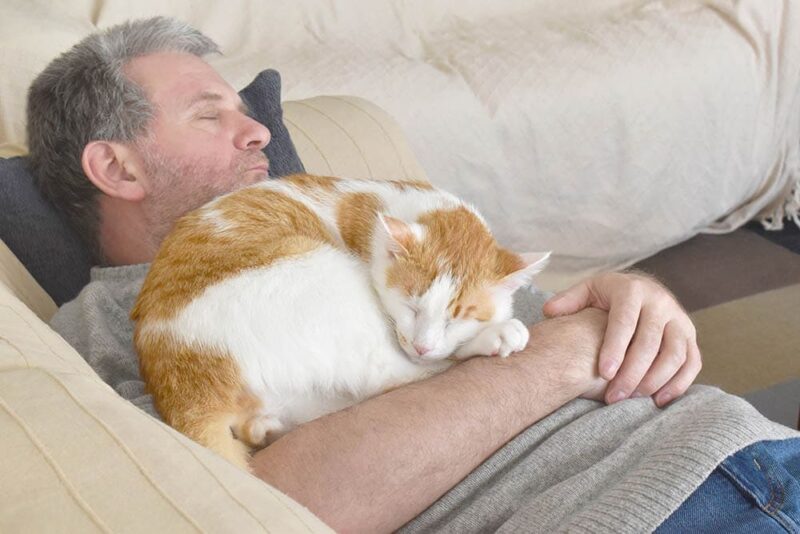In this article
If you have a green thumb and a cat obsession, you know that your two great loves don’t always coexist seamlessly. Not all flowers and plants are safe for cats, so caution is required any time you add to your collection of greenery. However, you have safe options, such as the cast iron plant, which is non-toxic to cats.
In this article, we’ll tell you a little about the cast iron plant and why it is safe for cats. We’ll also mention a few precautions you should take with non-toxic plants to minimize any potential dangers to your kitty. Finally, we’ll suggest some other safe plants and flowers you can grow, plus a few that should be avoided entirely.
All About the Cast Iron Plant
The cast iron plant, Aspidistra elatior, also known as the iron plant and bar room plant, is a slow-growing evergreen native to Japan and China. You might be surprised to learn that this plant is a member of the Lily family, most species of which may be deadly to cats if eaten. According to the ASPCA, however, the cast iron plant is non-toxic to cats, dogs, and horses.
Cast iron plants can be grown outdoors, where they produce dark green, pointed leaves up to 2 feet high. They are also popular houseplants because they are extremely tough and forgiving, even for the most inexperienced plant enthusiasts. Cast iron plants come in two additional varieties (also non-toxic), one with striped leaves and one with spotted leaves.

Precautions to Take Even With Safe Plants
Even though the cast iron plant is non-toxic, ingesting any type of vegetation could upset your cat’s stomach. The cat’s digestive system isn’t set up to process plant material, which could lead to vomiting and diarrhea if your kitty snacks on your cast iron plant.
Curious cats could also knock over an indoor cast iron plant, potentially shattering its glass or ceramic pot into dangerous shards. Many fertilizers and insecticides are toxic to cats, so double-check labels before using these products.
Your cast iron plant could also be damaged by your cat chewing, scratching, or digging in its soil. For the safety of both, try to discourage your kitty from bothering the plant. If your cat is a known plant destroyer, consider placing the cast iron plant out of reach or in a room the cat isn’t allowed.
Other Safe Plants to Grow (And Some to Avoid!)
If you want to expand your plant family beyond the cast iron plant by adding a flowering variety, you’ll have several options to choose from. Here are some other safe plants and flowers to consider:
- Roses
- Orchids
- Boston fern
- Most herbs (basil, rosemary, etc.)
- Sunflowers
- Spider plant
- Bamboo
- Friendship plant
We already mentioned that most other members of the lily family are toxic and should not be kept around cats. Here are some other plants that are poisonous to your cat:
- Daffodils
- Hyacinth
- Azalea
- Mums
- English ivy
- Tulips
- Sago palm
If you are ever concerned that your cat may have eaten a toxic plant, call your veterinarian right away. Try to bring a sample of the offending item with you to the hospital so the vet can confirm what your cat ate and provide the best treatment options.
You can also consult a vet online if you need quick and easy access to an expert’s opinion.
If you need to speak with a vet but can't get to one, head over to PangoVet. It's an online service where you can talk to a vet online and get the advice you need for your pet — all at an affordable price!

Conclusion
Owning cats and growing houseplants can be wonderful mood-lifters, and the plants can help keep the air in your house cleaner. The cast iron plant is one of many options that are non-toxic to cats and safe, with a few precautions, as we mentioned. If you aren’t sure whether a plant or flower is safe for your cat, talk to your vet before bringing it into your home or consult the ASPCA’s list of toxic plants.
Featured Image Credit By: Endah Kurnia P, Shutterstock
